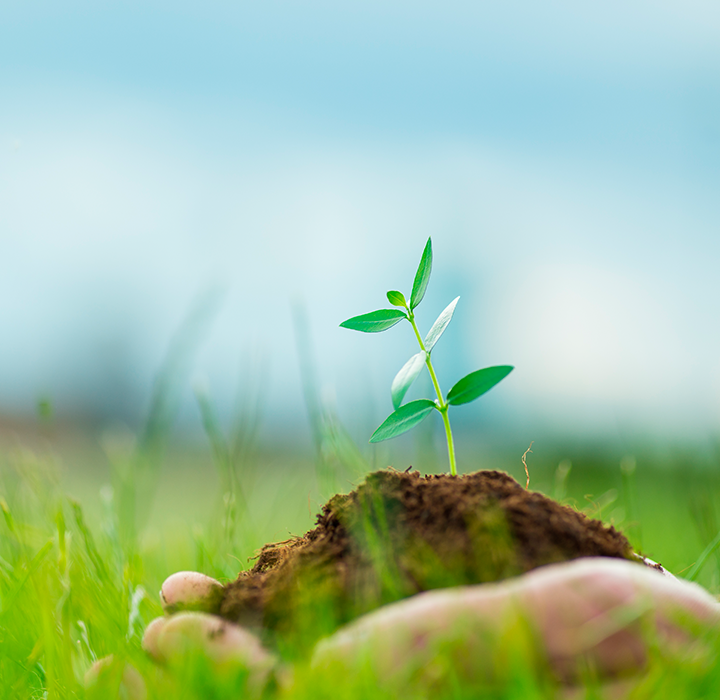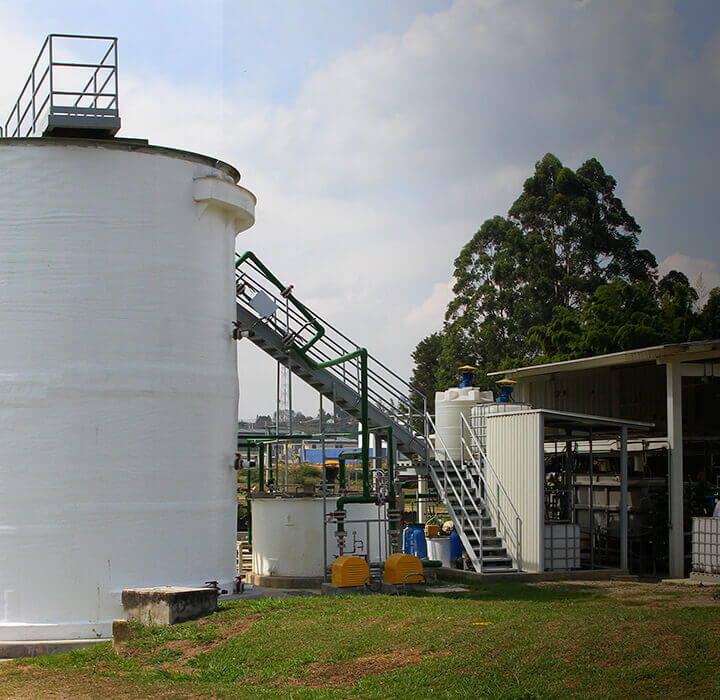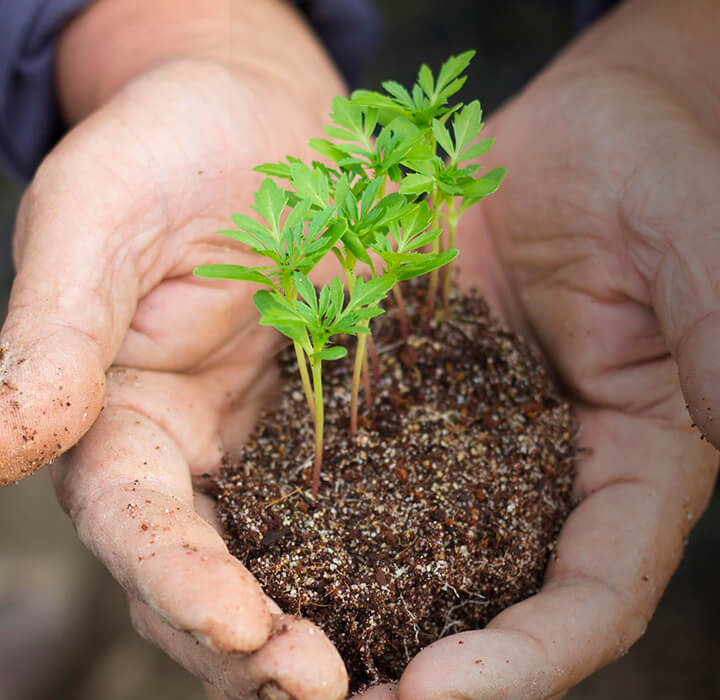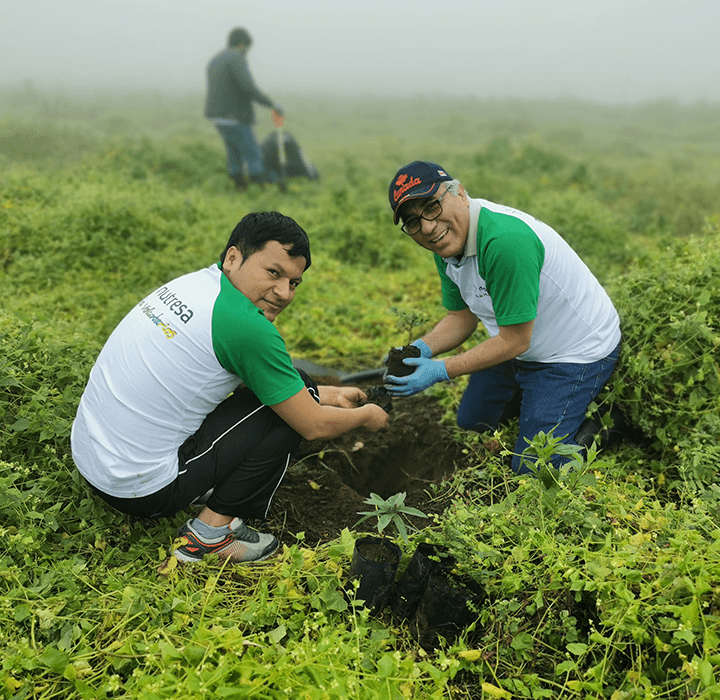Sustainability
We are committed to contributing to the development of an economic model which goes hand in hand with social development and that generates benefits to all our groups, and in balance with the protection of the environment.
Since 2010 we have achieved a reduction in the generation of greenhouse gases, reducing by 25% the consumption of electrical and thermal energy, as well as a significant number of refrigerants that are harmful to the ozone layer, by opting for the use of environmentally friendly alternatives.
Click here to



In partnership with the Peruvian National Service of Natural Protected Areas, we launched a sustainable initiative in order to recover the tree coverage of Lomas de Lachay and water harvesting for irrigation purposes, increasing the planting of 200 Tara seedlings and the installation of 100m2 of fog catchers.

Sustainability